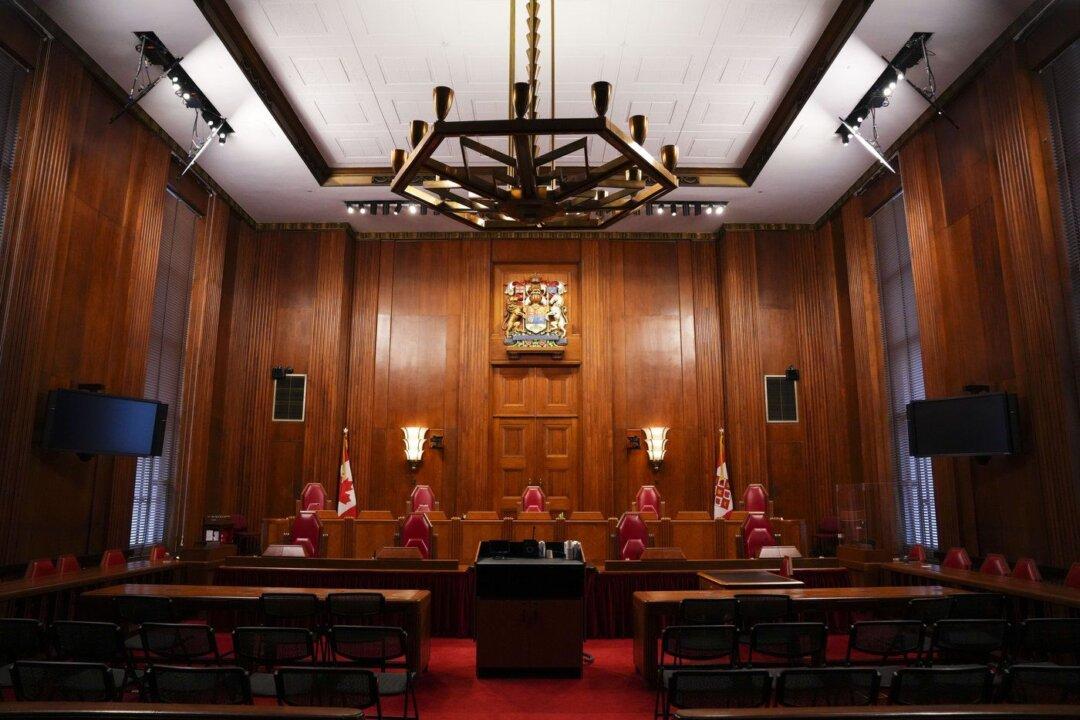The Supreme Court of Canada has agreed to hear a legal challenge of Quebec’s secularism law, known as Bill 21.
The top court announced Thursday morning it has granted leave to appeal to several groups that oppose the law, which prohibits civil servants in positions of authority, including teachers and police officers, from wearing religious symbols on the job.





